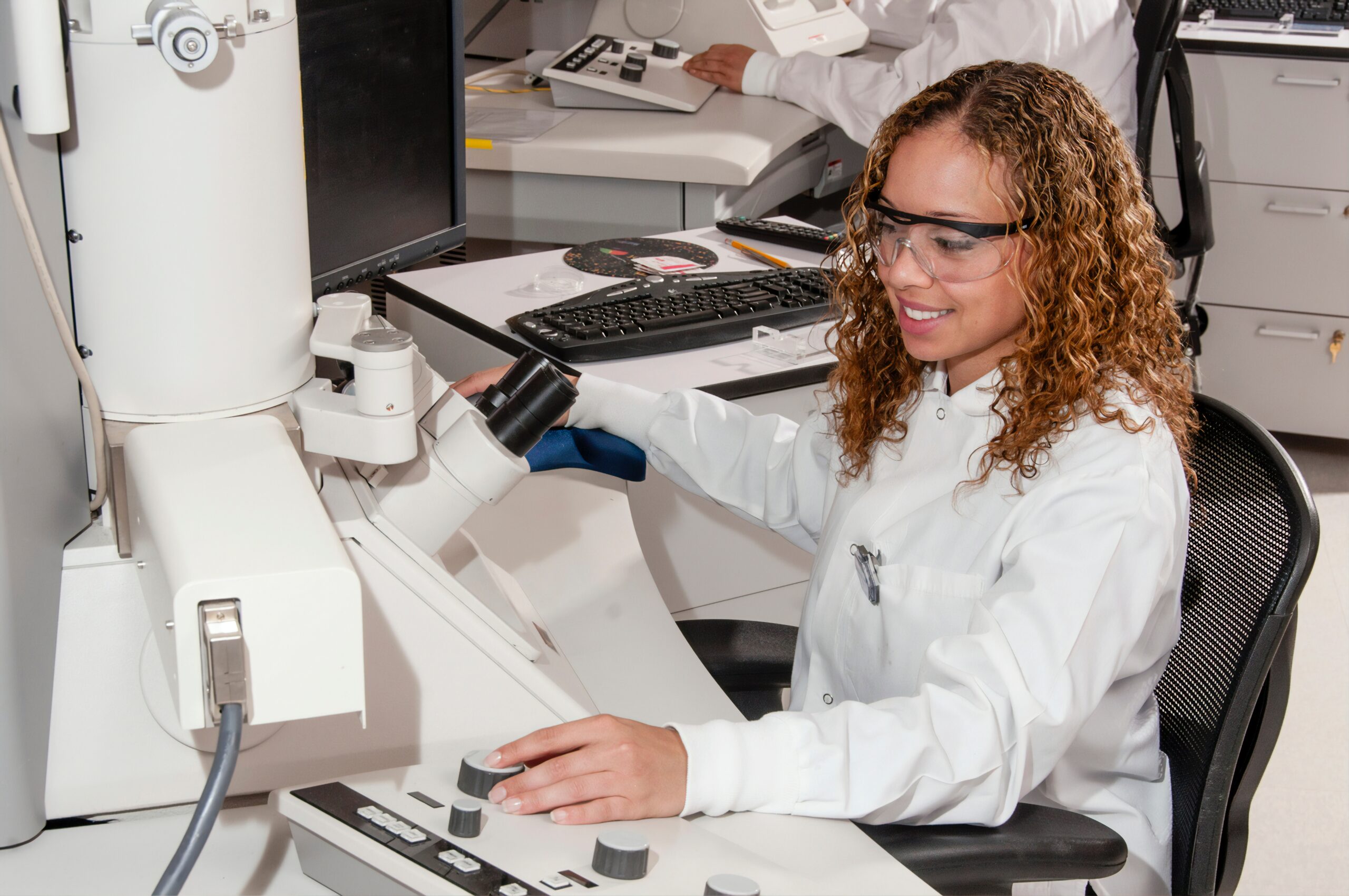A consortium of leaders in the private and public sectors are making a push for Massachusetts to play host to a hub of a new, biomedical research-focused federal agency.
ARPA-H, short for the Advanced Research Projects Agency for Health, is tasked with kickstarting biomedical innovation. While its home base will be in the greater Washington, D.C. area, the agency is looking to establish two other satellite sites, one focused on investment and the other on “customer experience.”
Leaders from trade group MassBio, the Massachusetts Competitive Partnership, Massachusetts Business Roundtable and the governor’s office have all been aimed at bringing ARPA-H to the Bay State since last fall. This spring, the process finally became formal: Healey’s economic development secretary, Yvonne Hao, submitted a whitepaper in April. Her office is now awaiting next steps, which would likely involve a site visit.
“This is not the time to hang out and rest on our laurels,” Hao said at a recent industry event. “We need to win this.”
A new ARPA-H facility would need a few key ingredients. One is vacant, ready-to-move-in office space. ARPA-H is funded for up to 210 federal employees nationwide, according to spokesperson Connor McKoy, with almost half of those based in the D.C.-area headquarters.
Another is proximity to investors and collaborators: The hub is meant to “provide resources to help performers bring their ideas to market,” the agency said.
“It sounds like, from what I can gather, they’re looking for these offices to be in close proximity to research and innovation. What better place than Massachusetts?” said MassBio CEO Kendalle Burlin O’Connell. “It sounds like they want their project managers to really be able to get into the trenches with industry and academia. This is where that collaboration has been built. That’s the core of our ecosystem.”
The agency already has Boston ties. Its first director, Renee Wegrzyn, was plucked from local synthetic biology firm Ginkgo Bioworks Holdings Inc. (NYSE: DNA), where she served as vice president of business development.
ARPA-H is the latest in a string of close-knit relationships between Massachusetts’ life sciences ecosystem and the federal government. Monica Bertagnolli, director of the National Cancer Institute and President Joe Biden’s pick to lead the National Institutes of Health, is a former surgeon at Brigham and Women’s Hospital and the Dana-Farber Cancer Institute. Rochelle Walensky, the former director of the Centers for Disease Control and Prevention, was previously the chief of infectious diseases at Massachusetts General Hospital. The Broad Institute’s Eric Lander was the first director of the Office of Science and Technology Policy under the Biden administration.


